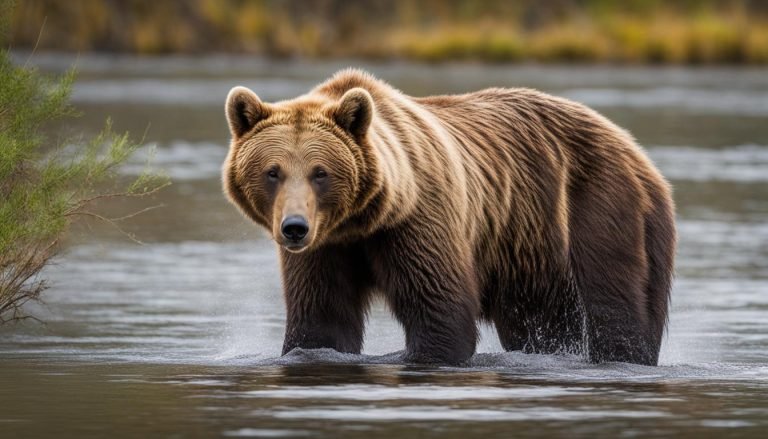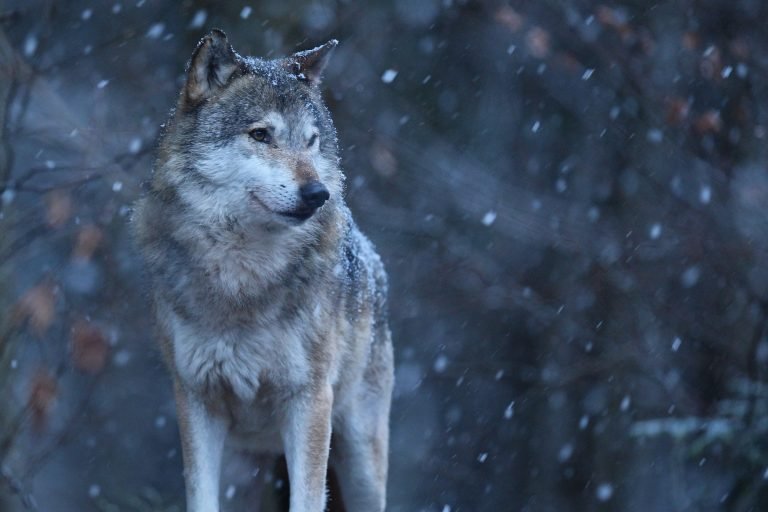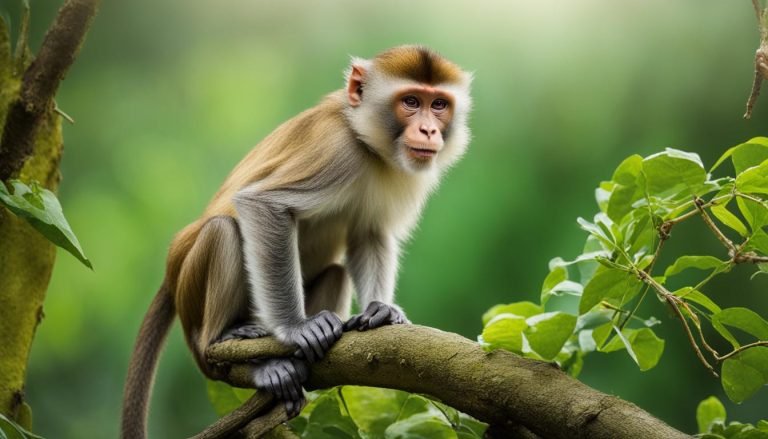14 Facts About Horses That Will Amaze You
Majestic in their bearing and enigmatic in their charm, horses have galloped into our hearts evoking a profound sense of inspiration.
Both historically significant and infused with an innate, remarkable grace, these revered creatures are a marvel of natural elegance and power.
Yet, there’s much we don’t know about these equine treasures.
In this blog post, we’ll explore 15 facts about horses that are fascinating and lesser-known and that you’ll find astonishing.
Saddle up, and let’s traverse the captivating realm of the horse world together!
Horse Quiz
How well do you know horses? Test your knowledge below.

1. Equine Intelligence
Horses are renowned for their intelligence and sensitivity. They possess a remarkable ability to learn and respond to training cues, making them invaluable companions in various human activities, from sports to therapy.
2. Communication through Body Language
Horses communicate primarily through body language, using subtle movements of their ears, eyes, and tail. Understanding these non-verbal cues is essential for effective interaction and building a trusting relationship with these perceptive animals.
3. Remarkable Memory
Horses exhibit an impressive memory, recalling not only familiar environments but also remembering individuals, both human and equine, even after years of separation. This capacity for recognition contributes to the strong bonds formed between horses and their caretakers.
4. Complex Social Structures
In the wild, horses live in dynamic social groups with established hierarchies. Their interactions involve intricate displays of dominance, submission, and cooperation, emphasizing the importance of social bonds for their overall well-being.
5. Unique Dental Structure
Horses have a distinct dental structure that continuously grows throughout their lives. Their teeth are adapted for grazing, and the wearing down of molars from chewing tough grasses is a natural part of their dental maintenance.
6. Hoof Flexibility
A horse’s hoof is a marvel of engineering, designed to absorb shock and support the animal’s weight. The flexibility of the hoof allows for efficient movement across various terrains, showcasing the evolutionary adaptations that have contributed to their survival.
7. Exceptional Stamina
Horses are known for their endurance and stamina. Whether in competitive sports like endurance riding or historical roles like cavalry, their ability to cover long distances at sustained speeds is a testament to their robust physiology.
8. Emotional Expressiveness
Horses display a range of emotions, from joy and contentment to fear and anxiety. Their expressive eyes and subtle facial movements convey their feelings, providing attentive caretakers with valuable insights into their emotional well-being.
9. Natural Grazers
Horses are natural grazers, adapted to a diet of fibrous plants. Their digestive system is designed for frequent, small meals, emphasizing the importance of access to pasture or high-fiber forage in their daily nutrition.
10. Equine Sleep Patterns
Horses have a unique sleep pattern known as polyphasic sleep, where they alternate between short periods of deep sleep and shorter bouts of alertness. This adaptation allows them to remain vigilant, even while resting, to avoid potential threats.
11. Equine Memory in Learning
Horses exhibit memory not only in recognizing familiar faces but also in learning from past experiences. Positive or negative associations with specific places, objects, or activities can influence their behavior and responses over time.
12. Domestication Legacy
The domestication of horses has left an enduring legacy on human history. Once crucial for transportation, agriculture, and warfare, horses continue to play diverse roles in recreation, therapy, and competitive sports, forging a timeless connection between humans and these magnificent creatures.
13. Sensory Acuity
Horses possess acute senses, particularly hearing and vision, making them highly attuned to their surroundings. Their large, expressive eyes provide a wide field of vision, and their keen sense of hearing allows them to detect subtle sounds, contributing to their role as alert and responsive companions.
14. Flight Response
Horses have an instinct for flight, a survival strategy ingrained in their evolutionary history as prey animals. Understanding and working with this flight response is fundamental in handling and training horses, emphasizing the importance of trust and positive reinforcement.







